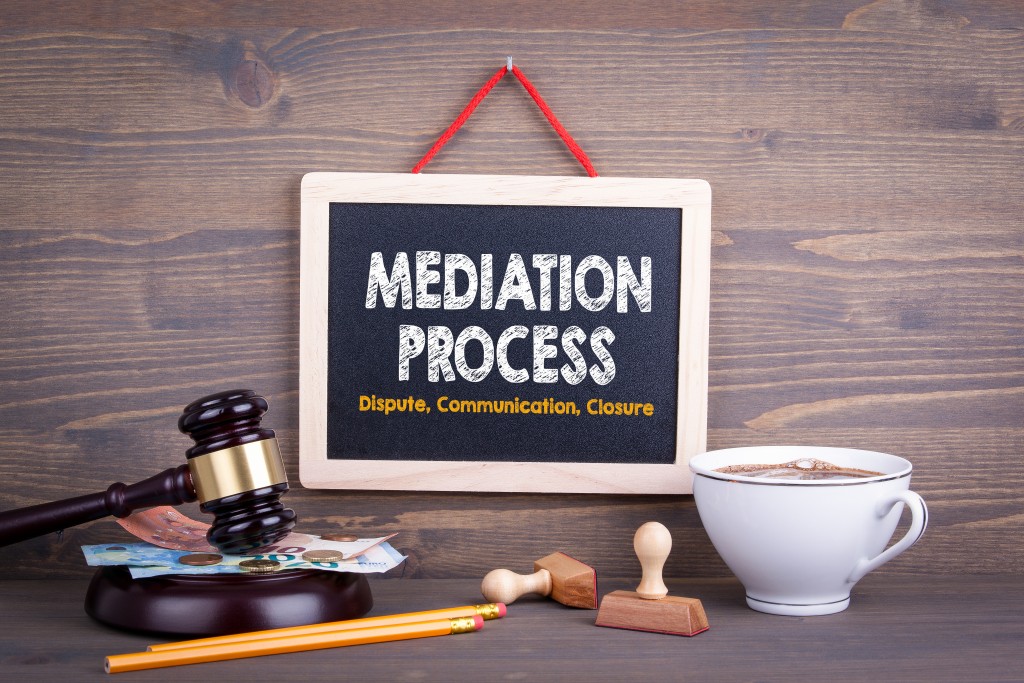For couples who decide to make their separation official, it might be best to approach an expert in divorce mediation in Long Island first. Read the following FAQs to find out why this is beneficial for you and your family.
What Is Divorce Mediation?
Divorce mediation is a voluntary process the couple should agree to get into. During this period, the following can be present:
- Both divorcing parties
- Their representatives, who are usually attorneys
- Mediator
The mediator is an independent or neutral party. It doesn’t have to be a lawyer, but the couple can benefit from one. An attorney who specializes in divorce can better guide the couple as they go through the steps.
It is also different from collaborative divorce, although they function similarly. For one, collaborative divorce doesn’t have a mediator. Instead, both parties would have to bring their lawyers. All of them will then engage in a four-way meeting to come up with a settlement or a resolution.
Which Is Better: Mediation or Collaborative Divorce?
Each has its pros and cons, but many divorcing couples tend to favor mediation for the following reasons:
It is a cheaper process – In a collaborative divorce, the parties have to call on experts. These range from accountants to tax specialists and child experts. All of them will cost money.
Mediation is also a shorter process than a collaborative divorce. The former can take up to three months. The latter can drag on for almost a year. One possible reason is the need to hear from a lot of people, including the mentioned experts.
It is also riskier – During a collaborative divorce, the lawyers would have to sign a no-court agreement. It means that the lawyers who represent the couple during the negotiations have to withdraw from the case. This is if the talk breaks down, and the couple decides to bring their matter to the court.
It also implies that if the couple ends up disagreeing, they will have to start from the beginning. This time, they have to battle it out in court. Either way, the divorce process becomes even costlier.
It Can Be Confusing – Collaborative divorce involves many people, and for the couple, it may be unhealthy. Things can get confusing that they can no longer agree.

What Do You Talk about During Mediation?
The mediation process covers everything that the couple needs to discuss. These include:
- Custody of the children, including visitation and parental rights
- Spousal support or maintenance
- Division of property and other assets
- Settlement of debt
- Taxes
- Insurance
The process can also touch on the emotional aspects of the divorce, such as how children may react from the separation.
Does This Still End Up in Court?
All divorces will still end up in court, which has then to approve them. The most significant difference is the couple no longer has to appear in front of the judge. This makes the entire process more peaceful, straightforward, and economical.
Divorce itself is already stressful. Why must you add to it? If you can still talk with your spouse, divorce mediation is always worth a try.



